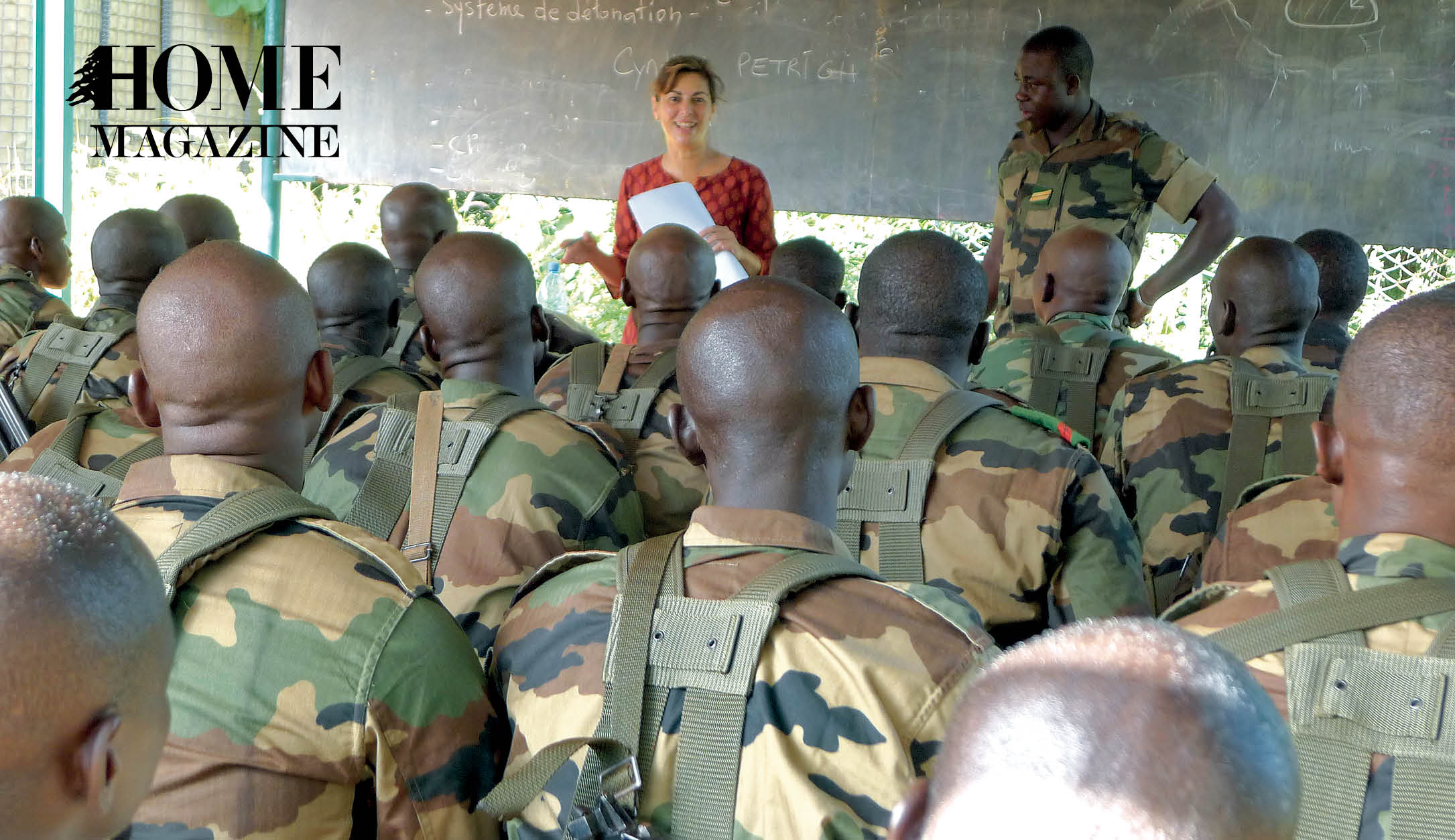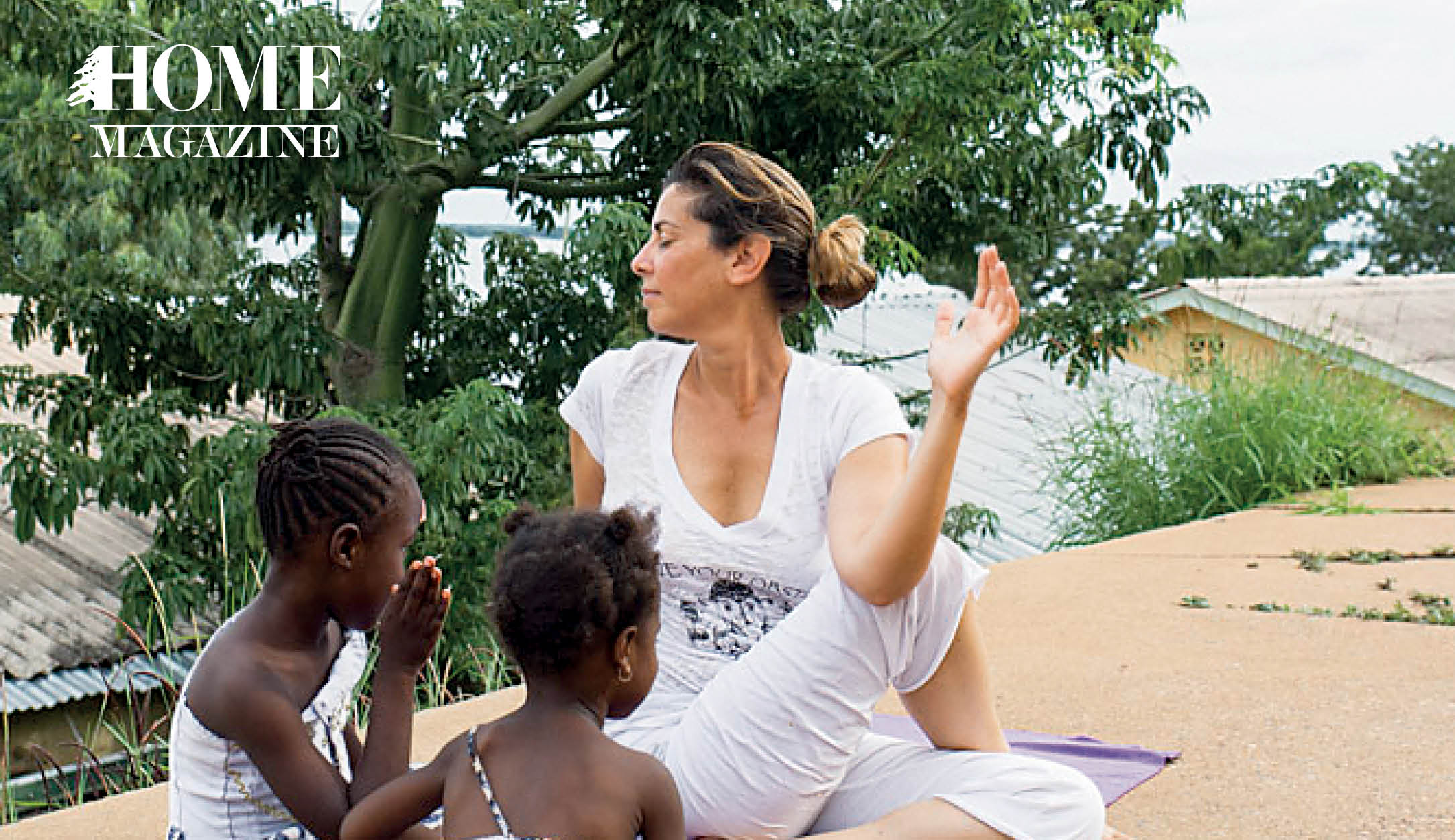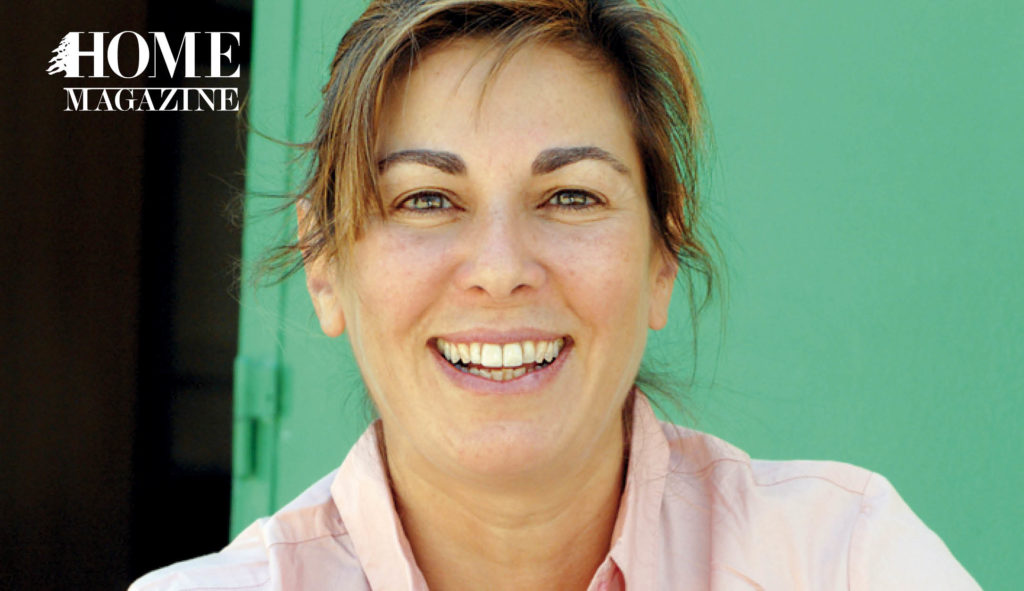When I was 7, we lost our HOME. I never felt safe again.
Today, I discovered that I will probably never see again my house in Yemen.
We had only recently moved in, and transformed the dusty place into a paradise of green, lush, flowers and vegetables. It was also to be the first time Thierry and I would live together, after being in a long-distance relation for two years. All this meant a lot to me, bringing more stability in my life. After decades of traveling, moving, hopping from one project to the other and one country to the other, I felt I had enough with floating, I needed to be grounded somewhere –or with someone. So, Yemen it was going to be.
I accepted less contracts, I reduced my traveling, I became a housewife and a gardener. I was finally ready to bring some sense of normalcy into my life.
However, destiny had other plans for me, and here I am once more losing my house to war.
When I was 7, we lost our HOME in the Lebanese Civil War. With our Italian passports, we moved from
Lebanon to Greece and attended a French school. I became a foreigner in all four countries I had some connection with. Looking at things from distance became natural. When we were taught, years later, to “think out of the box,” my friend Sandrine looked at me and said: “Cynthia, your challenge is to think inside the box.”
So, what is HOME? HOME is the lost dream, the place of all memories, the scent of orange blossom and jasmine, the taste of mouhalabiyah, an idealized and fantasized version of where we came from. An ideal of protection and comfort, forever lost.

When my stay in a hotel room is going to exceed three days, I buy a plant to decorate it. It’s like my new HOME.
Wherever I travel –and I do travel a lot – I carry my teapot, my slippers, my robe. I have an urgent need to feel at HOME anywhere and everywhere I go, because the original HOME disappeared with the illusions of my childhood. I live on shaky grounds.
In the past four weeks, I have been to six countries and two continents. I feel I am floating on the surface of the globe, rich of so much experience but as HOMEless as ever.
I keep traveling and building and dreaming and losing. I feel I am like a hamster spinning in its cage, running but not knowing the purpose of the journey. “Save the world or go HOME,” a phrase used by Negar Azimi in an article about Etel Adnan, could be my motto.
When I teach human rights to military or rebels, I speak from the position of someone who has an intimate experience of war and its losses. I am not afraid of the armed men. I know what they are afraid of. I might have the appearance of a young Western woman, but after a few minutes of disbelief, these men listen to me carefully. They realize I understand the fear, the anger, the motivation, the doubts that are in their hearts. I know about the ugliness of war and why we should put limits. “You understand what is in the heart of the soldier”, the Malian sergeant told me.

My students come to the human rights class with an AK-47. But they listen when they are told to respect limits, even in war.
My experience of Lebanon as a birthplace a few years before the war offered to me the ability to feel at ease in many cultures, continents and social environments. It gave me the ability to connect with people who have a shared experience of feeling foreign, and to mourn together for something that might have never existed. The planet is my playground – but I lack the foundational HOME.
Oh, I have tried several times to recreate a place called HOME. I have counted these places since I moved out from my parents’ house at the age of 18. Today, I was brutally and finally separated from house number 27.
One might wonder why, when I was born in a country from which I was evacuated twice already, I would choose to live in another problematic Middle Eastern country. “The definition of stupidity is when you keep doing the same thing and expect different results,” say the British. The British are very clever and articulate, but they do not seem to grasp this hopelessly passionate struggle, this unrealistic optimism, which makes many of us think that the Arab world is a lovely place indeed. Or that it is possible to recreate “HOME.”
When the French commander left the camp, and left me with his difficult replacement, he wrote: “I regret I did not leave you with something beautiful to contemplate. You’d like Turner. It’s hazy”.

































